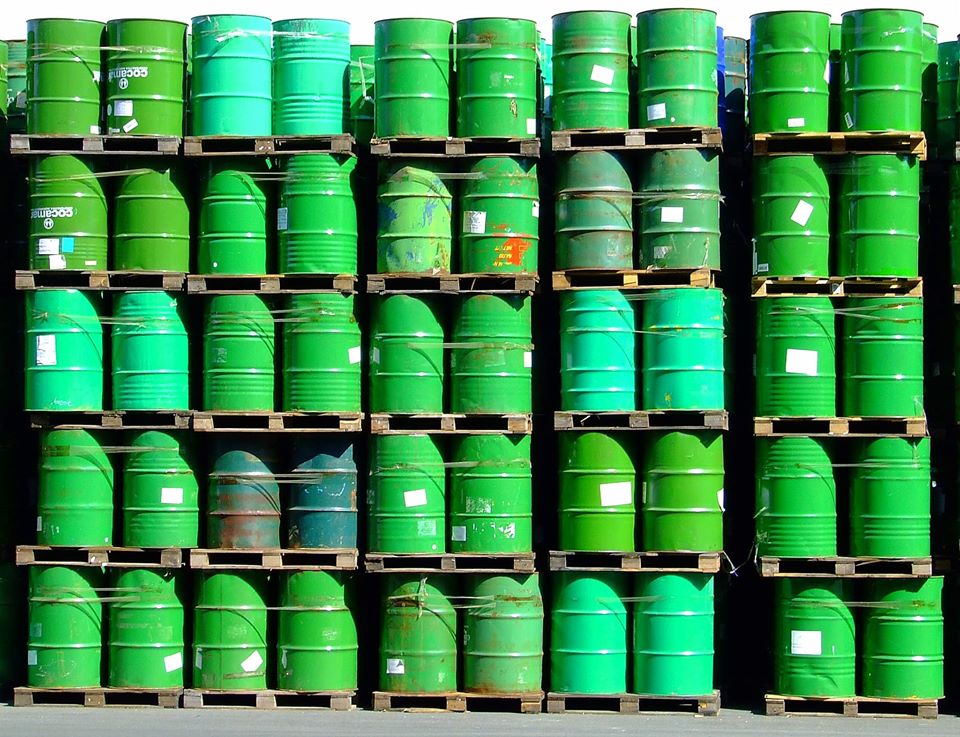There are no products in your shopping cart.
| 0 Items | £0.00 |


NIGERIA looks set for another major budget review after the price of crude oil dropped to an 18-year low of just over $20 a barrel tearing apart the government's economic projections which were based on a benchmark price $57 a barrel.
Earlier this month, the federal government launched a committee to reassess its N10.59trn ($28.8bn) 2020 budget after the recent collapse in oil prices as a result of the coronavirus outbreak that precipitated a drop in demand. With supply far outstripping demand, this led to a collapse in crude oil prices, with Brent Crude, a grade identical to Nigeria's Light Bonny Crude falling to $33.45 a barrel on March 9.
Nigeria is particularly vulnerable to the volatility of the global crude oil market as petroleum accounts for about 95% of government earnings. Also, Nigeria's 2020 budget is predicated on the nation selling 2m barrels of oil a day at a price of $57, so with prices collapsing and the Organisation of Petroleum Exporting Countries (Opec) set to reduce production quotas, the government will find it almost impossible to fund its budget.
Now that prices have fallen further to $20.59 per barrel, the government is going to have to review its projections further. This latest price is about 31.4% below the revised 2020 budget oil price benchmark of $30 a barrel, meaning that the government committee on the coronavirus impact may be forced to go back to the drawing board and effect another benchmark price cut.
Nigeria's initial benchmark price was $57 a barrel but the committee reviewed it downward to $30 two weeks ago following the rapid decline in global prices and demand. Effectively the new oil price has slashed about N1.68trn from the original expected oil revenue as contained in the 2020 budget.
There are now fears that with the current trend, oil prices may fall below $20 a barrel as nobody is buying and stocks are building up within Opec countries. Nigeria's export terminals are said to be brimming with stockpiles that cannot be export in the current economic climate with industry shutdown worldwide.